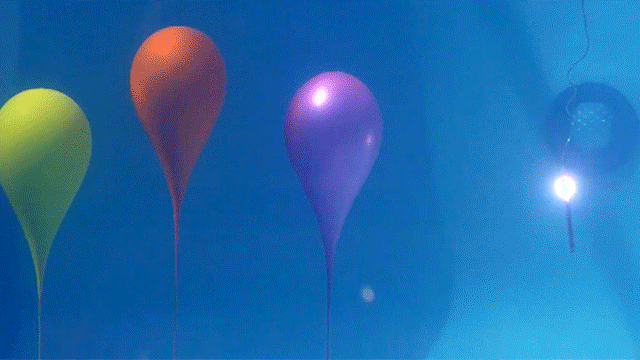Video: YouTube scientist Mark Rober and molten metal obsessive BackyardScientist teamed up to answer a simple question: is a grenade deadlier on land or under water? But in order to answer that, we need to understand exactly what a grenade does.
The metal casing of a grenade is designed to fracture at specific points so that, when detonated, it essentially becomes irregularly shaped bullets that fly in all directions. Getting hit by those is bad! But there’s also a pressure wave that’s created from the explosion itself.
On dry land, laying down — feet towards the blast — at least 4.57m away minimises your chances of getting hit by shrapnel. But underwater the drag force is much, much higher than air, so shrapnel, high-powered bullets and bad swimmers don’t travel very far.
The explosion also causes a serious pressure wave, however. Air can be compressed much more than water, which means that the explosion dissipates easily on land. Underwater though, it travels straight through the water and hits you full force where it meets something that it can compress — specifically, the air in your lungs and other organs. As you can guess, that’s really bad news for your lungs if you like them unruptured and lunging normally. At 4.57m you would be 100 per cent dead.
Of course, the most advantageous version of this scenario is being underwater while the explosion occurs on land. It happens in just about every action movie, which is how you know its true.
